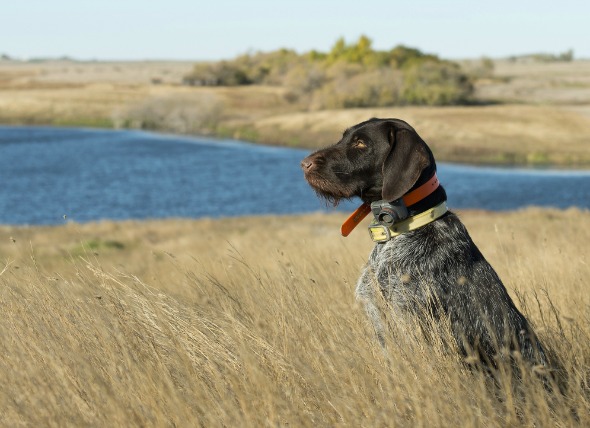
In this disease, red blood cells fail to divide and become abnormally large. These cells are also deficient in necessary DNA material. These giant cells with underdeveloped nuclei are called megaloblasts, or “big cells.” Red blood cells are mainly affected, but white blood cells and platelets can also go through changes.
Giant schnauzers seem to have an inherited tendency to have this kind of anemia. In dogs, it is generally mild, and left treated. The seriousness of the anemia can range from mild to severe. This disease is genetic in Toy Poodles, but it does not require treatment.
The condition or disease described in this medical article can affect both dogs and cats. If you would like to learn more about how this disease affects cats, please visit this page in the PetMD health library.
Tests will be conducted to rule out the following:
Complete blood count, biochemistry, and urinalysis will examine the following:
Once the underlying cause is identified, a treatment plan will be developed to deal with that particular illness first. This is a relatively mild disease. Treatment will be administered on an outpatient basis. If animals are demonstrating signs of drug toxicity, discontinue the offending drug. Instead, supplement your dog's diet with folic acid or vitamin B12. Giant schnauzers should get injections of vitamin B-12 every few months.
Initially, you should take your pet in to see the veterinarian weekly for a complete blood count, and occasionally for a bone-marrow aspiration and evaluation.
Ultimately, your pet's prognosis will depend on the underlying cause of the anemia. If a drug was the cause for the anemia, taking your pet off the drug should resolve the problem.
 Intestinal Disorder (Loss of Motility) in Dogs
Ileus in Dogs
Ileus (functional or paralytic) is
Intestinal Disorder (Loss of Motility) in Dogs
Ileus in Dogs
Ileus (functional or paralytic) is
 Stomach and Intestinal Inflammation in Dogs
Eosinophilic Gastroenteritis in Dogs
Eosinophilic
Stomach and Intestinal Inflammation in Dogs
Eosinophilic Gastroenteritis in Dogs
Eosinophilic
 Lymph Node Inflammation, Intestinal Tract (Lymphangieasia) in Dogs
Lymphangiectasia in Dogs
The lymphatic vessels ar
Lymph Node Inflammation, Intestinal Tract (Lymphangieasia) in Dogs
Lymphangiectasia in Dogs
The lymphatic vessels ar
 Fungal Disease (Sporotrichosis) of the Skin in Dogs
Sporotrichosis in Dogs
Sporotrichosis is a fungal
Fungal Disease (Sporotrichosis) of the Skin in Dogs
Sporotrichosis in Dogs
Sporotrichosis is a fungal
 Brain Injury in Dogs
Dogs can incur brain injuries from a variety of c
Brain Injury in Dogs
Dogs can incur brain injuries from a variety of c
Copyright © 2005-2016 Pet Information All Rights Reserved
Contact us: www162date@outlook.com